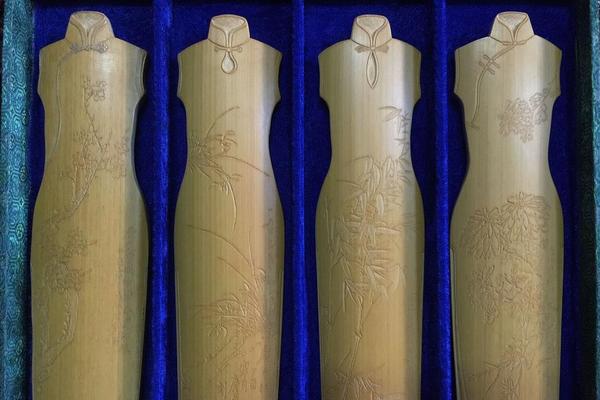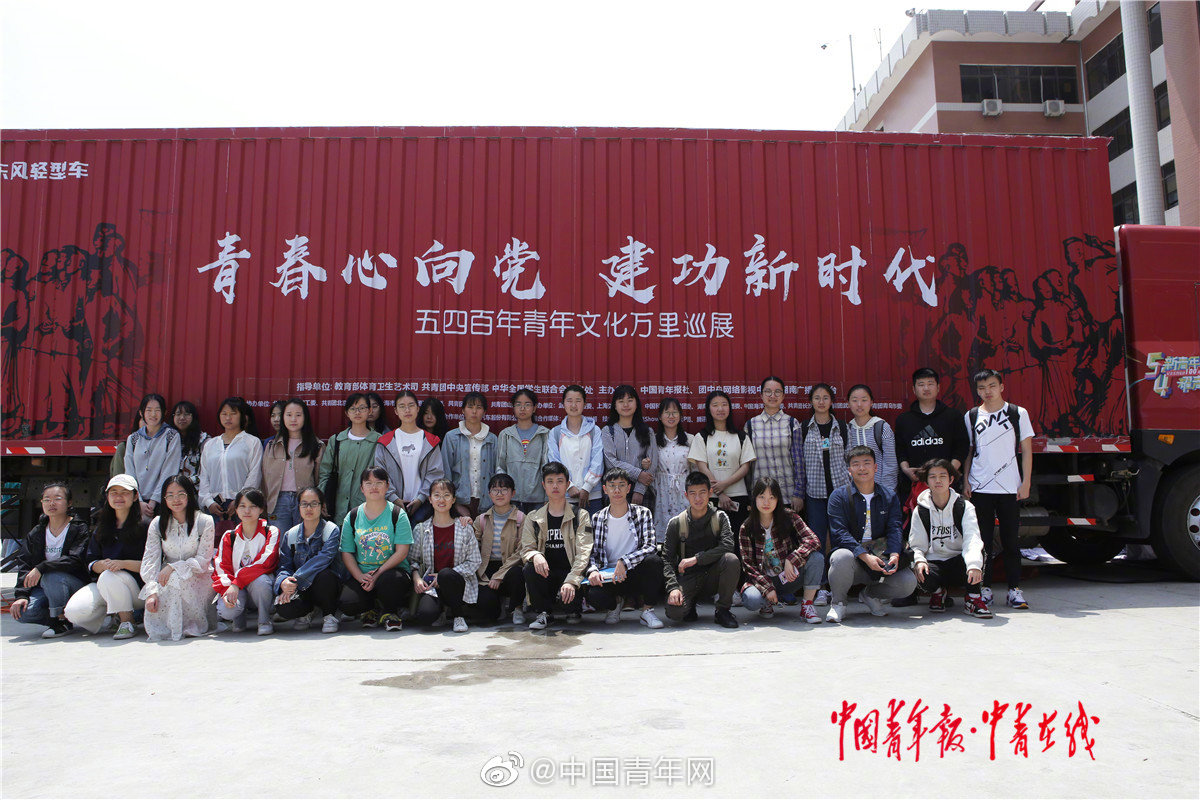
By KATHY FRANKOVIC
In 1942, approximately 125,000 people of Japanese ancestry living in the West Coast — most of whom were American citizens — were evicted from their homes and sent to guarded military camps.
The action was initiated by an executive order signed by President Franklin D. Roosevelt two months after the attack on Pearl Harbor and the U.S. declaration of war on Japan. The action was supported by most Americans. But today, few Americans approve of the incarceration.
In 2025, the World War II incarceration of people of Japanese ancestry is considered unjust or shameful by about two-thirds (66%) of Americans.
A recent YouGov poll found that only 13% of Americans regard the incarceration of people of Japanese ancestry in the U.S. as justifiable.
About half (53%) of Americans recognize that most of the people who were incarcerated were American citizens, born in the U.S. Only 14% say most were not citizens; 33% don’t know.
Today, Americans are more likely to look negatively than positively at the transfer of West Coast residents and their incarceration — especially the transfer of those that were U.S. citizens of Japanese ancestry.
At the same time, Americans are more likely to have positive than negative views of several other U.S. actions in World War II, including some controversial ones. Most Americans (58%) now say restricting the entry of Jewish refugees to the U.S. during the war was not the right thing to do. 63% support entering the war while only 11% say it wasn’t the right thing to do; 50% say drafting millions of men for the war was the right thing and only 21% say it wasn’t. 40% say dropping atomic bombs on Japan was the right thing to do and 29% say it wasn’t.
Opinions about the incarceration of U.S. residents have changed in the intervening 83 years. In March-April 1942, the National Opinion Research Center (NORC) conducted a poll about U.S. actions, including the removal of Japanese Americans from the West Coast. The vast majority (93%) of Americans said it was the right thing to move “Japanese aliens” — the phrase used in the 1942 question — away from the Pacific Coast; only 1% called it the wrong thing to do.
As for those of Japanese ancestry who were born in the U.S. and therefore citizens, a smaller majority (59%) supported removing them from the West Coast, with 25% opposed.
Asking similar questions — updated for modern language and to capture a retrospective view — finds big changes in public opinion. Now only 26% say it was the right thing to move and incarcerate non-citizens of Japanese origin; 37% say it wasn’t. And only 17% believe it was the right thing to do with citizens; 53% say it wasn’t. (Many more now than in 1942 don’t have an opinion.)
Soon after the war, many Americans were skeptical about the loyalty of U.S. residents of Japanese ancestry. A May 1946 poll by NORC found that one-quarter of Americans believed that the “average Japanese person” living in the U.S. was disloyal to the U.S. government. Looking back, 13% believe that today about “Japanese people who lived in the United States.”
Americans 65 and older are the least likely to doubt the loyalty of people of Japanese ancestry in the U.S. during the war — 63% say most Japanese people living in the U.S. were loyal to the U.S., and only 8% believe most were disloyal. Americans who say they know “a lot” about the war are also more likely to describe Japanese people in the U.S. during the war as “l(fā)oyal”: 79% say that, and only 7% say Japanese people in the U.S. were disloyal.
After the Sept. 11, 2001 terrorist attacks, a Newsweek poll asked what should be done about Arab and Arab Americans: Should they be put under special surveillance or whether that would be a mistake? The question said this would be similar to the treatment of Japanese-Americans in World War II.
Most Americans (62%) said that would be a mistake. About one-third (30%) supported the idea. Today, one-third (34%) also support special surveillance of Arabs and Arab Americans in the U.S. after Sept. 11. Somewhat more, 40%, say that would have been a mistake; about one-quarter (26%) are not sure.
In 1988, 46 years after Roosevelt’s executive order, President Ronald Reagan signed a bill apologizing for the World War II actions against Americans of Japanese ancestry. The bill also granted redress to people of Japanese ancestry who were incarcerated — $20,000 for each surviving person who had been incarcerated.
Today, Americans approve of the reparations by 64% to 20%, including approval from majorities of Democrats, Independents, and Republicans.
Americans are about twice as likely to say that $20,000 was too little as to say it was too much (23% vs. 12%).
On a different question asking generally about groups receiving or having received reparations. Fewer support reparations to Black American descendants of enslaved people, while more support reparations to Native Americans.
The story of how the reparations bill passed Congress and became law is told in a Harvard Case Study by Calvin Naito and Esther Scott, made available on the website of the late Grant Ujifusa, who lobbied for redress. Naito suggested polling on the incarceration and reparations.
Methodology: This article includes results from an online survey conducted Jan. 31 to Feb. 9, 2025 among 1,116 U.S. adult citizens. Respondents were selected from YouGov’s opt-in panel to be representative of adult U.S. citizens. The sample was weighted according to gender, age, race, education, 2024 presidential vote, 2020 election turnout and presidential vote, baseline party identification, and current voter registration status.
2024 presidential vote, at time of weighting, was estimated to be 48% Harris and 50% Trump. Demographic weighting targets come from the 2019 American Community Survey. Baseline party identification is the respondent’s most recent answer given around Nov. 8, 2024, and is weighted to the estimated distribution at that time (31% Democratic, 32% Republican). The margin of error for the overall sample is approximately 4%.
To see detailed survey results, go to: https://today.yougov.com/topics/politics/explore/historical_event/Japanese_American_Internment
Carl Bialik and Taylor Orth contributed to this article
 Nisei Cartoonist Jack Matsuoka Dies at 87
Nisei Cartoonist Jack Matsuoka Dies at 87
 Nebraska vs. TAMU basketball livestreams: How to watch live
Nebraska vs. TAMU basketball livestreams: How to watch live
 ISU vs. SDSU basketball livestreams, game time
ISU vs. SDSU basketball livestreams, game time
 Samsung reveals new 2024 OLED, QLED, and Frame TV lineup
Samsung reveals new 2024 OLED, QLED, and Frame TV lineup
 Sophie Oda to Appear on ‘NCIS: LA’
Sophie Oda to Appear on ‘NCIS: LA’
 '3 Body Problem': Fairy tales might be a big clue in the Netflix series
'3 Body Problem': Fairy tales might be a big clue in the Netflix series
 Texas vs. Tennessee basketball livestreams: How to watch live
Texas vs. Tennessee basketball livestreams: How to watch live
 Wordle today: The answer and hints for March 22
Wordle today: The answer and hints for March 22
 ‘Nihonmachi: The Place to Be’ at the Aratani
‘Nihonmachi: The Place to Be’ at the Aratani
 Tilda Swinton and Julio Torres reveal 'Problemista's unexpected common ground
Tilda Swinton and Julio Torres reveal 'Problemista's unexpected common ground
 Farlig: "I'm doing my best to ignore social media"
Farlig: "I'm doing my best to ignore social media"
 Amazon spring sale 2024: 45+ headphones and speaker deals
Amazon spring sale 2024: 45+ headphones and speaker deals
 UNC vs. Wagner basketball livestreams: How to watch live
UNC vs. Wagner basketball livestreams: How to watch live
 'Do Not Expect Too Much From the End of the World' review: The absurdity of modern images
'Do Not Expect Too Much From the End of the World' review: The absurdity of modern images
 Watching Friendship Grow
Watching Friendship Grow
 Duke vs. JMU basketball livestreams: How to watch live
Duke vs. JMU basketball livestreams: How to watch live
 The amazing total solar eclipse is incredible luck. Here's why.
The amazing total solar eclipse is incredible luck. Here's why.
 Auburn vs. Yale basketball livestreams: How to watch live
Auburn vs. Yale basketball livestreams: How to watch live
 Asian Food & Craft Fair at BTSD
Asian Food & Craft Fair at BTSD
 NYT's The Mini crossword answers for March 22
NYT's The Mini crossword answers for March 22
All the ways to watch the votes roll inPhoto of girl sleeping with Hillary Clinton action figure will melt your frozen heartRussian artists' book bags let you wear your favorite novel as a purseThe actual threat Russia poses on Election DayDonald Trump gets booed on his way to voteTrump gets confused by difference between 'county' and 'country'Glamour Brasil slammed after staff pose with 'slanty eyes' on InstagramRussian artists' book bags let you wear your favorite novel as a purseAirline makes a sarcastic dig at Trump on Election DayAll the ways to watch the votes roll in Philadelphia goes wild as the Eagles win the Super Bowl Watch this very good dog attempt to hold a egg in her mouth Elon Musk shares the last image of his Tesla roadster floating through the solar system Elon Musk put a Tesla in space, and it has launched a thousand memes 'Democracy dies in dankness' according to Trump Jr. SpaceX launches first test flight of its powerful Falcon Heavy rocket An ad industry group nominated Russia's election hack for all the awards Tom Brady dressed like Inspector Gadget for the Super Bowl An ode to this soothing YouTube channel where a woman calmly makes everything she needs There's a 'Shape of Water' fish
0.2195s , 14324.3671875 kb
Copyright © 2025 Powered by 【free black cousins fucking home sex videos】Poll: American Opinion Has Changed Since WWII About Incarceration of JAs,Feature Flash